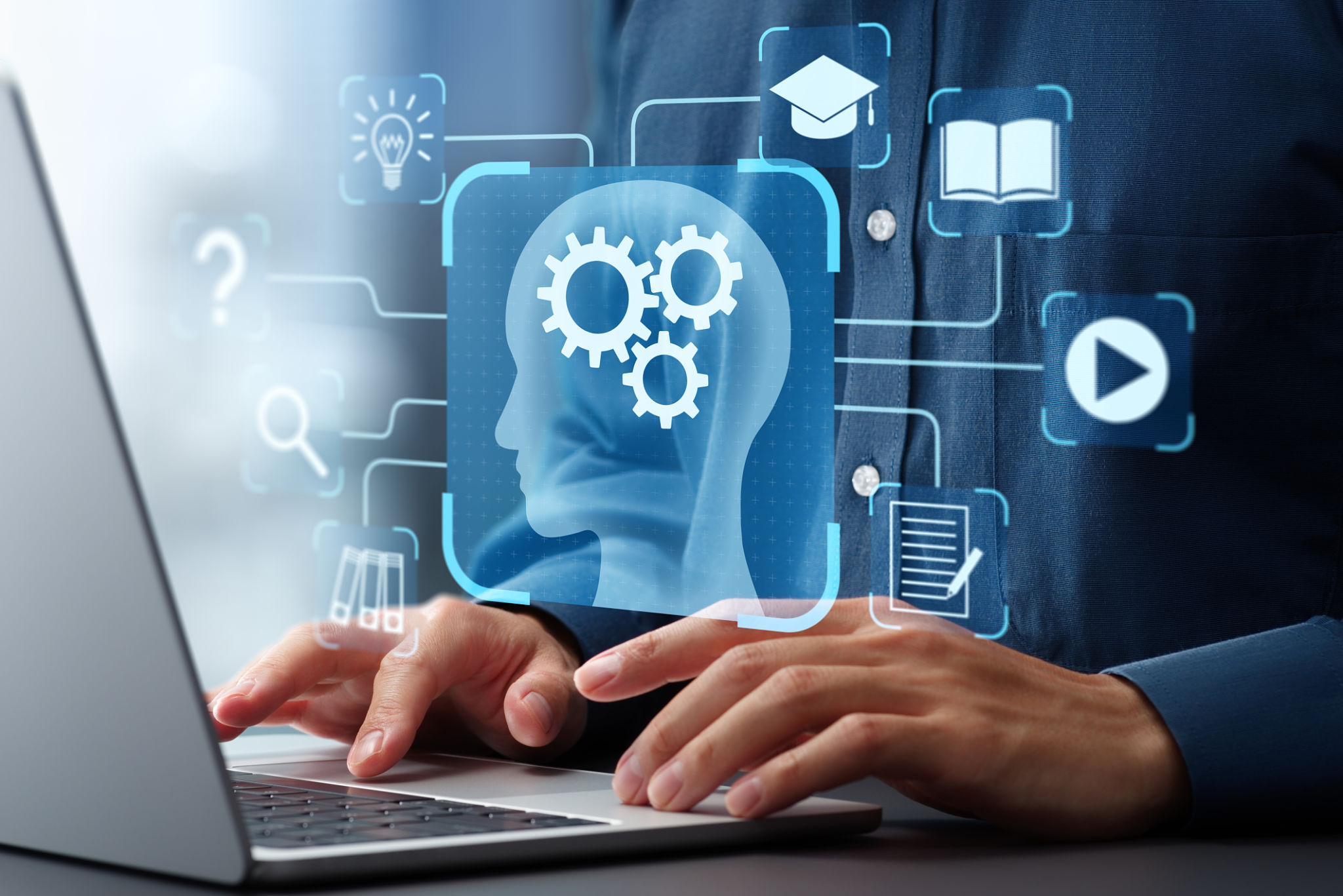Top 5 Trends in AI Education You Need to Know
The Rise of Personalized Learning
One of the most significant trends in AI education is the shift toward personalized learning. AI algorithms can analyze individual student data to create customized learning experiences that cater to each student's unique needs. By identifying a student's strengths and weaknesses, AI can recommend specific resources, exercises, and learning paths that enhance their educational journey. This tailored approach not only improves learning outcomes but also increases student engagement and motivation.

Adaptive Learning Platforms
Adaptive learning platforms are becoming increasingly prevalent in educational settings. These platforms use AI to adjust the difficulty and type of content presented to students based on their performance. This ensures that students are neither overwhelmed nor under-challenged, allowing them to progress at a pace that suits them best. As a result, students can achieve a deeper understanding of the subject matter, leading to better retention and mastery.
AI-Powered Tutoring
AI-powered tutoring systems are revolutionizing the way students receive extra help outside the classroom. These virtual tutors use natural language processing and machine learning to understand and respond to student queries, providing instant feedback and explanations. This accessibility ensures students can get the support they need anytime and anywhere, fostering a more inclusive learning environment.

Scalable Support
One of the key benefits of AI-powered tutoring is its scalability. Unlike human tutors, AI systems can handle numerous students simultaneously without compromising the quality of assistance. This means educational institutions can offer more comprehensive support to a larger number of students, addressing individual learning challenges efficiently.
Data-Driven Insights for Educators
AI is not only transforming student experiences but also empowering educators with data-driven insights. By analyzing patterns in student performance and behavior, AI can provide teachers with valuable information to refine their teaching strategies. These insights help educators identify areas where students struggle, enabling timely interventions and improved learning outcomes.

Enhanced Curriculum Development
AI's ability to process vast amounts of data also aids in curriculum development. By identifying trends and gaps in student learning, AI can assist educators in crafting more effective curricula that address contemporary educational needs. This ensures that educational content remains relevant and aligned with the evolving demands of the job market.
Immersive Learning Experiences
Finally, AI is facilitating the creation of immersive learning experiences through virtual and augmented reality. These technologies offer students hands-on, experiential learning opportunities that are both engaging and informative. By simulating real-world scenarios, students can apply theoretical knowledge in practical settings, enhancing their understanding and retention.
Virtual Classrooms
With the help of AI, virtual classrooms are becoming more interactive and dynamic. AI can manage classroom logistics, facilitate discussions, and even personalize the learning experience within these digital environments. This innovation is particularly beneficial in remote learning situations, ensuring students receive a high-quality education regardless of their location.
